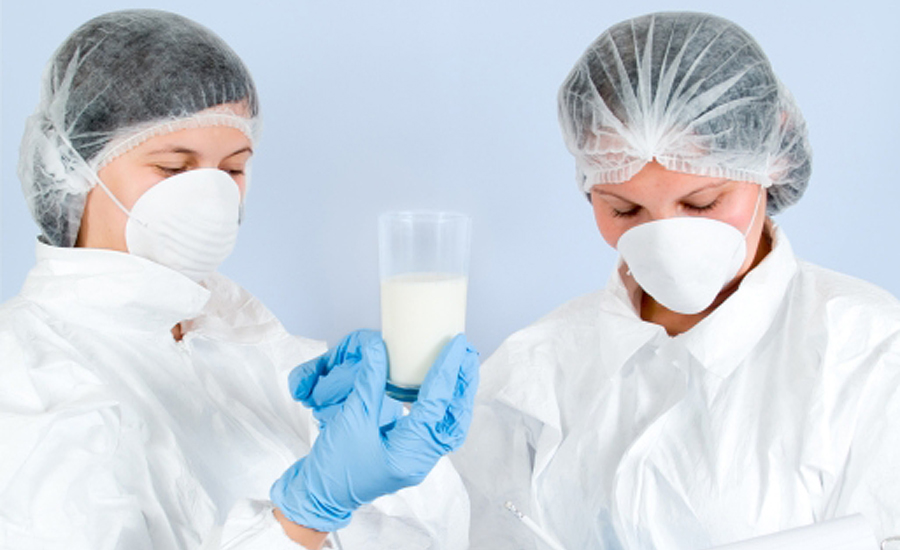Dr. Robert Califf, the head of the Food and Drug Administration, emphasized the importance of legislation requiring food manufacturers to conduct lead testing on products imported into the United States during a congressional hearing on Thursday. His remarks were prompted by a query from Rep. Jamie Raskin, D-Md., regarding the FDA’s handling of issues like lead-contaminated cinnamon applesauce pouches, which have caused illness in numerous children.
The recalled applesauce pouches, originating from the Florida-based company WanaBana and imported from Ecuador, were found to contain elevated levels of lead, leading to their withdrawal from the market last fall.
Califf highlighted the vast scope of FDA oversight, covering approximately 275,000 registered manufacturing facilities worldwide. Due to financial constraints, the agency often relies on manufacturers to conduct their own testing, with variable results. He noted that mandatory testing could have intercepted the contaminated applesauce upon its entry into the U.S., preventing its distribution to retailers.

However, unlike the drug industry, food manufacturers are not required to test every batch for potential contamination. Moreover, the FDA lacks established limits for heavy metal content in most food categories, with only select items like chocolate and sugar-based candy having specific lead thresholds. In 2022, draft guidelines for lead limits in juice were introduced by the agency.
Califf’s statements follow a recent investigation by Consumer Reports, which revealed elevated lead levels in certain Lunchables products. The advocacy group is urging the government to remove Lunchables from the national school lunch program for free and reduced-price meals.
To implement mandatory testing, Califf stressed the need for congressional action, emphasizing the FDA’s role as a regulatory body dependent on legislative directives.
More on NEWS:
Scientists Warn of Household Chemicals’ Potential Role in Neurological Disorders
